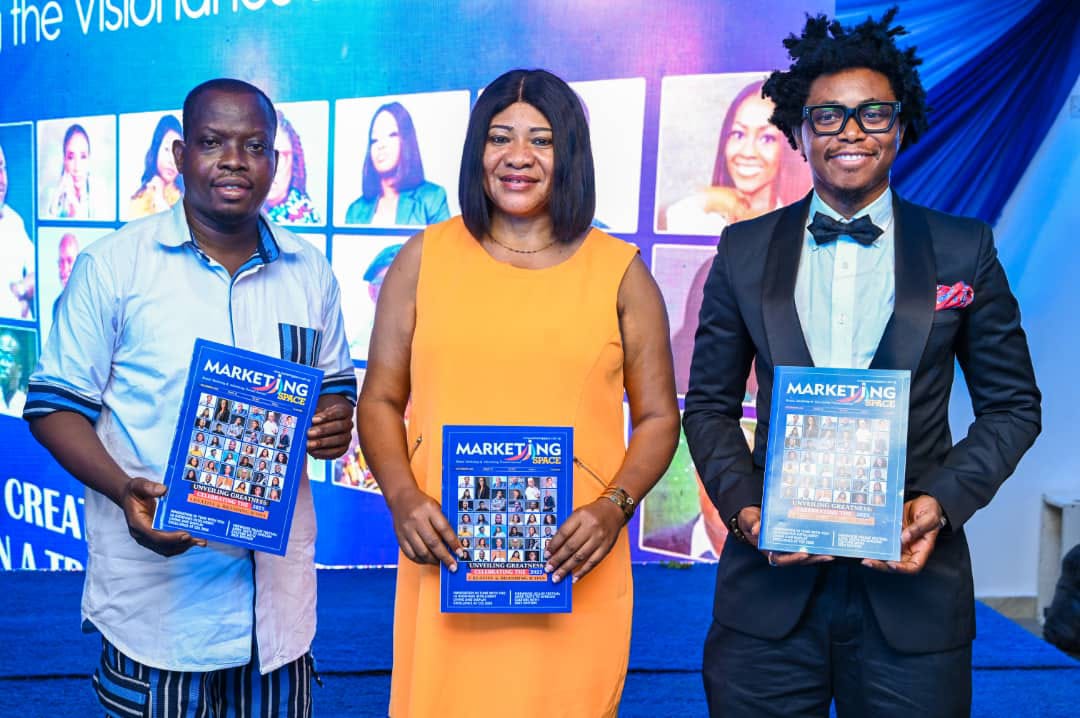
• Says it’s shaping journalism practice
Publisher of TheCable, Simon Kolawole, has called on media scholars and professionals to leverage opportunities provided by Artificial Intelligence (AI).
Kolawole advised media professionals to adapt to AI advancements rather than resist them.
Speaking at the monthly professional forum of the Nigerian Institute of Journalism (NIJ), Lagos, Kolawole said the importance of AI in today’s rapidly changing world cannot be over emphasised.
Themed, ‘Journalism in the Age of AI’, Kolawole observed AI is changing how news is created, shared and consumed.
According to Kolawole, AI systems process information, learn patterns, and make decisions with minimal human intervention, identifying four key types of AI and their applications.
He highlighted the growing role of AI in newsrooms, from automated news writing to AI-driven chatbots and personalised news feeds.
“The rise of generative AI, such as ChatGPT, has sparked debates about the future of journalism. Some fear AI will replace human journalists. Others believe AI is just a tool that can enhance our work,” he said.
“Many news websites now use AI-powered chatbots to engage readers and answer queries. AI also helps in automated news writing. For instance, financial reports, sports summaries, and weather updates are now generated by AI with minimal human input.”
To the media entrepreneur, “so far, at TheCable, we’ve not sacked any staff on the grounds of AI replacing their job. You just have to empower yourself. The media and journalism is a large field and Nigerian audience is over 200 million. Either you’re bootstrapping your own media outlet or working with a big platform, you will remain relevant if you’re literate in AI.”
Recalling his early years as a reporter, “we know what we went through as journalists to research a story. In those days, we would cut out newspapers on different subjects and paste them on paper.”
He discussed benefits of using AI in academic work and the profession, including speed in analysing data, spotting errors and fact-checking.
In addition, he spoke on the challenges of using AI such as the lack of exercising judgment, inability to implement ethics, danger of plagiarism and tendency to mislead. He urged professionals to use social media and Artificial Intelligence (AI) wisely to avoid its negative parts.
He noted that AI-driven personalised news feeds improve engagement, but raised ethical concerns. “AI systems are trained on existing data, which means they can inherit biases. If the data is flawed, the AI’s decisions will also be biased.”
He also cautioned that AI-generated content can be manipulated to spread misinformation, making fact-checking more cumbersome than ever
“AI-generated content can be used to spread fake news, making it harder to distinguish truth from fiction,” he added.
The Provost of the institution, Gbenga Adefaye, noted, “just as how the institution has been doing and will continue to do, we enhance the ICT content of our curriculum because the world has moved on from analog.”
He added NIJ would continue to meet the National Board for Technical Education (NBTE) requirements by integrating sufficient technological content into both training and operational processes.
He further presented Kolawole with an award of recognition.
The NIJ professional forum is an interface session that is integrated into the students’ activities to bridge the gap between academia and industry, preparing them for successful careers in journalism and communication.






